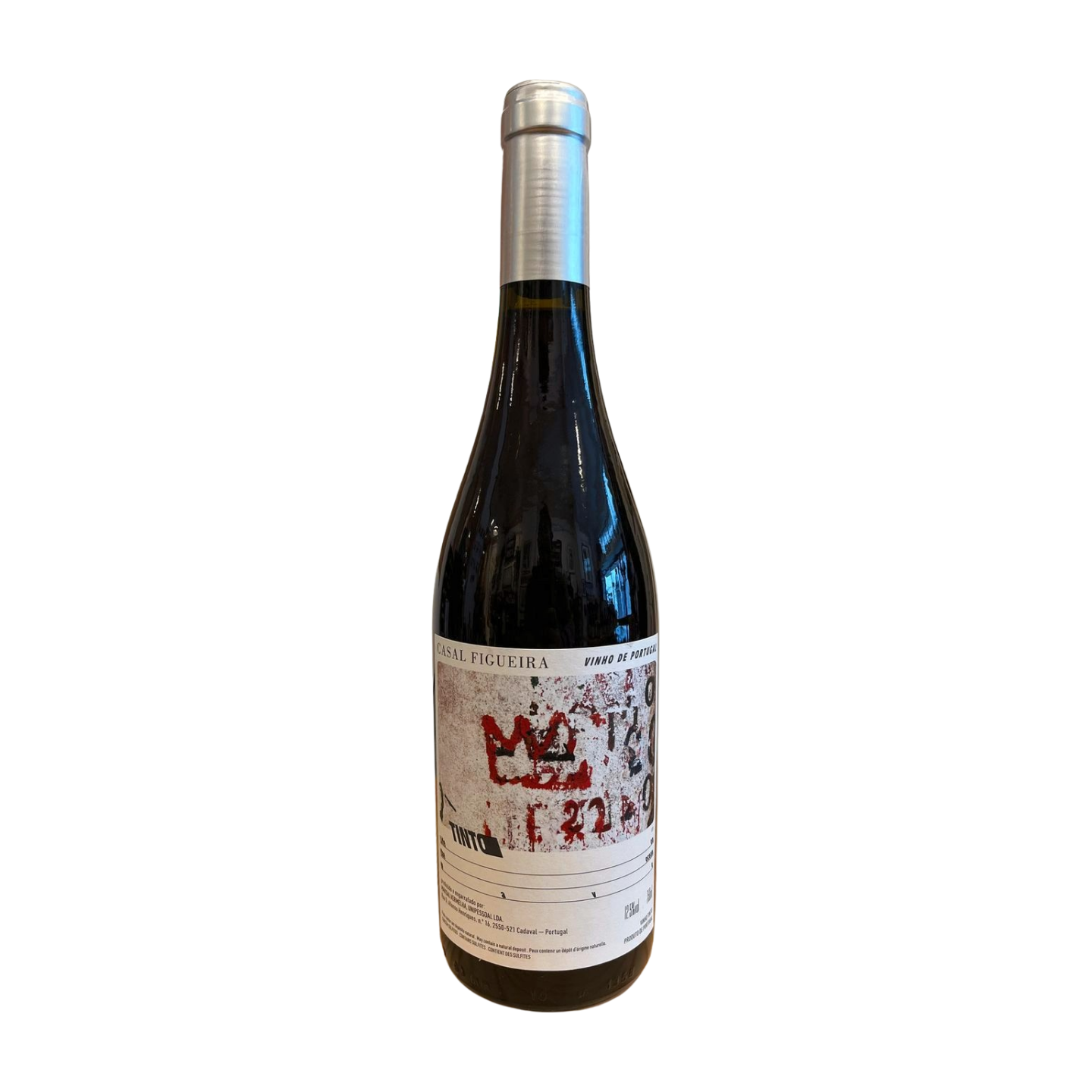Casal Figueira
Casal Figueira is more than a winery; it's an artistic expression rooted in the heart of Portugal's Lisbon region. Founded by the late António Augusto Carvalho and now helmed by his widow, Marta Soares, the estate is a testament to resilience and innovation.
A tragic loss during the 2009 harvest marked a pivotal moment for Casal Figueira. António's untimely death left Marta to complete the winemaking process, a profound experience that shaped the winery's trajectory. While the winery is often associated with this poignant story, Marta is keen to emphasize her own twelve-year journey as an independent winemaker. Her artistic background, evident in the winery's modern aesthetic and her experimental approach to winemaking, distinguishes Casal Figueira from its peers.
The heart of Casal Figueira lies in its vineyards, nestled on the slopes of the Serra de Montejunto. A champion of indigenous grapes, Marta has revitalized the nearly extinct Vital variety, crafting wines that showcase its delicate fruitiness and minerality. Her commitment to sustainable practices is evident in her careful stewardship of the old vines and her collaborative relationship with local growers.
Casal Figueira wines are a reflection of Marta's artistic vision. Precise winemaking techniques, such as slow pressing and meticulous temperature control, preserve the wines' freshness and purity. The winery's signature Vital and Tinta Miúda-based Vermelho exemplify Marta's ability to extract the best from often-overlooked grapes.
Beyond the wines, Casal Figueira is a story of personal and artistic growth. The winery's name itself is a symbol of resilience, representing a spirit of fearless exploration. Marta's journey is a testament to the enduring power of passion and creativity in shaping the world of wine.
Portuguese wine
Frequently asked questions
The entire country of Portugal is divided into 14 different wine regions, including in the Azores and Madeira islands. Some of Portugal's most famous winemaking regions include the Douro Valley (known for Port) and Vinho Verde (known for its light, refreshing white wines).
Portugal is becoming more well known for its orange wines, talha wines (traditionally made in clay pots), and palhete (made by blending red and white grapes together).
Portugal is best known for its fortified wine, called Port wine. It is produced in the Douro Valley, which is a UNESCO World Heritage Site and recognized as the world's first demarcated wine region, established in 1756.
Vinho Verde in northern Portugal is another popular winemaking region characterized by rolling hills and lush landscapes. It's known around the world for low-alcohol, refreshing white wines, although the region traditionally focused more on red wines made with the fruit-forward vinhão grape.
The Portuguese island of Madeira, with its subtropical climate, is renowned for its fortified wines. Winemaking here dates back to the 15th century, when Portuguese
explorers brought grape varieties from around the world.
Our sustainable, natural wine shop is located in the Marquês neighborhood in Porto, Portugal. We also ship to countries around the world, including within Europe, the United States, Canada, Australia, China, and more. Review our Shipping Policy to learn more.
In recent years, there has been a notable shift toward sustainable viticulture and the production of natural wine in Portugal. Many winemakers are implementing organic farming practices and embracing biodiversity to maintain soil health and reduce chemical inputs. This commitment to sustainability is not only beneficial for the environment but also enhances the quality of the wines, allowing the unique characteristics of the terroir to shine through. For example, some winemakers are now utilizing ancient terracotta amphorae for fermentation (called talha in Portuguese). This method preserves regional cultural heritage, enhances the wine's character, and aligns with sustainable practices by reducing reliance on modern materials.

